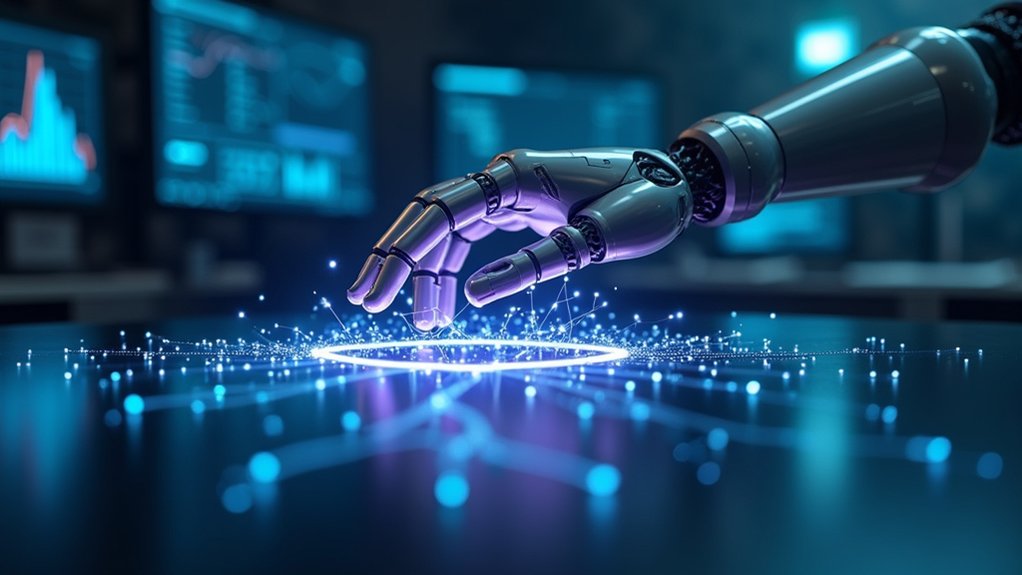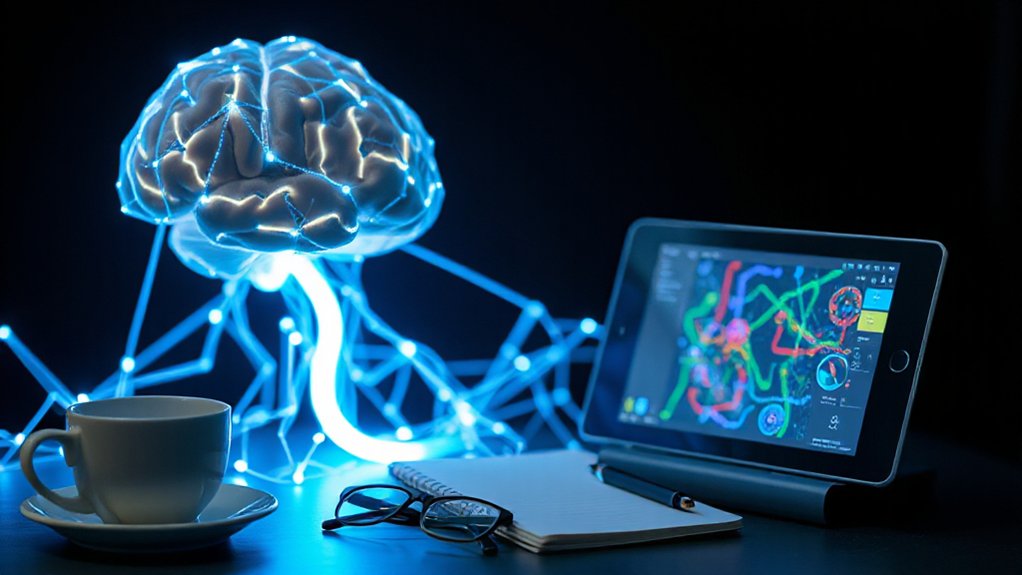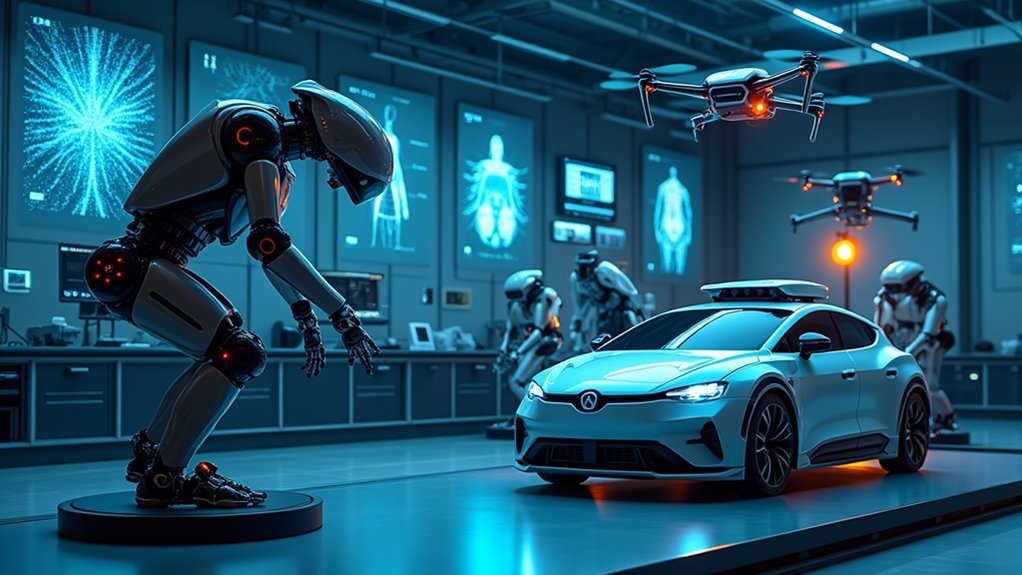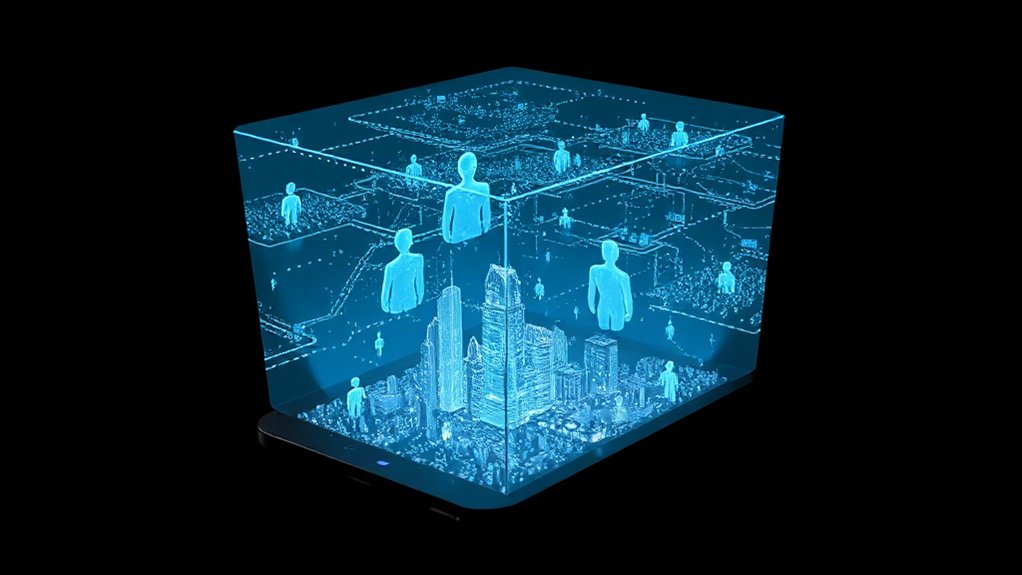Artificial Intelligence (AI) simulates human thinking in machines through technologies like machine learning and neural networks. It's transforming industries with applications in virtual assistants, self-driving cars, and healthcare diagnostics. The AI market is booming, projected to reach $190.61 billion by 2025. While AI creates efficiency, it also raises concerns about bias, privacy, and transparency. Future developments may include more advanced systems integrated with quantum computing.
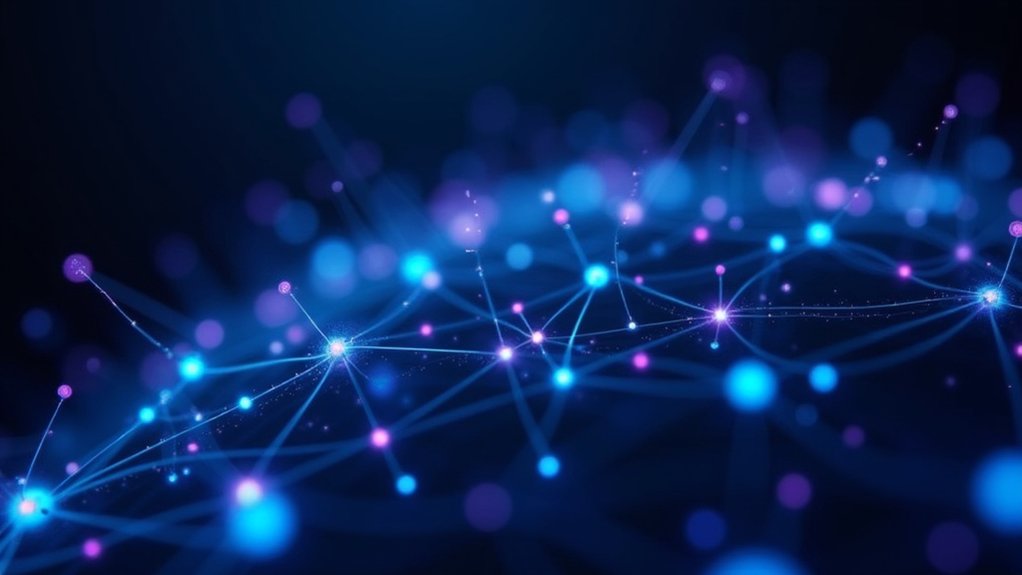
As technology continues to advance at a rapid pace, artificial intelligence (AI) has become a major part of our daily lives. AI refers to machines that can simulate human intelligence. It includes technologies like machine learning, deep learning, and neural networks. These systems process data, recognize patterns, and make decisions in ways similar to humans. The field continues to grow and change as new discoveries are made.
AI is reshaping our world through machines that think, learn, and decide like humans do.
Several key technologies make up the AI landscape. Machine learning allows computers to learn from data without explicit programming. Natural language processing helps computers understand human speech and text. Computer vision lets machines interpret images and videos. These technologies work together in many modern AI systems. AI researchers aim to achieve general intelligence comparable to human capabilities through approaches from diverse fields including psychology and neuroscience.
Today, AI appears in many common applications. Virtual assistants like Siri and Alexa use AI to understand and respond to voice commands. Self-driving cars rely on AI to navigate roads safely. Banks use AI to spot unusual transactions that might be fraud. Doctors use AI tools to help diagnose diseases and discover new medications. In healthcare specifically, AI enhances diagnosis through advanced imaging analysis that can detect diseases earlier than traditional methods. AI is expected to take over 30% of tasks across various sectors within the next year.
The AI market is growing quickly. Experts predict it will reach $190.61 billion by 2025. Most large businesses are investing in AI technology. The field is expected to grow at a rate of 37% per year from 2020 to 2027. While some jobs may be replaced by automation, AI is also creating new job opportunities.
Despite its benefits, AI raises important concerns. AI systems can inherit biases from their training data. There are privacy worries about how AI systems collect and use personal information. Many AI systems make decisions in ways that aren't easy to understand. These issues highlight the need for careful regulation of AI technology.
The future of AI looks promising. Researchers are working on more advanced general AI systems. AI will increasingly work alongside humans in various fields. New technologies like quantum computing may help AI systems become even more powerful in the coming years.
Frequently Asked Questions
How Can AI Impact Personal Privacy and Security?
AI impacts personal privacy and security in several concerning ways. It collects vast amounts of personal data, creates detailed user profiles, and can de-anonymize supposedly anonymous information.
Systems like facial recognition and voice assistants track people's behaviors in unprecedented ways.
Security threats include AI-powered phishing, deepfakes for identity theft, and automated hacking tools.
However, technologies like federated learning and differential privacy offer some protection against these risks.
What Careers Will Be Most Affected by AI?
AI's biggest impact will hit jobs with routine tasks.
Data entry clerks, telemarketers, cashiers, and truck drivers face high automation risks.
Industries like finance and customer service could see 67-73% of tasks automated.
Meanwhile, AI specialists, data scientists, and cybersecurity experts will be in demand.
People with creativity, emotional intelligence, and problem-solving skills will adapt better to the changing job market.
Can AI Systems Develop Consciousness or Emotions?
Current AI systems don't have consciousness or real emotions. They can simulate emotional responses by analyzing data, but they don't actually feel anything.
Experts agree today's AI lacks self-awareness or subjective experiences. While some theories suggest future advanced AI might develop consciousness, there's no scientific test to prove it.
The difference between sophisticated mimicry and true awareness remains a major challenge for researchers.
How Is AI Regulated Across Different Countries?
AI regulation varies considerably around the world.
The EU leads with its extensive AI Act that categorizes AI by risk levels.
The US takes a decentralized approach with various federal agencies creating guidelines.
China balances innovation with state control through targeted laws.
Globally, organizations like the OECD are working on shared principles while countries try to balance technological advancement with public protection.
What Ethical Frameworks Govern AI Development?
Several ethical frameworks govern AI development worldwide. These include the IEEE Ethically Aligned Design, EU Guidelines for Trustworthy AI, OECD AI Principles, UNESCO Recommendation on AI Ethics, and UN Principles for Ethical AI.
These frameworks focus on key principles like fairness, transparency, privacy, accountability, and safety.
Companies often establish ethics review boards, conduct impact assessments, and implement data governance to guarantee responsible AI development.
